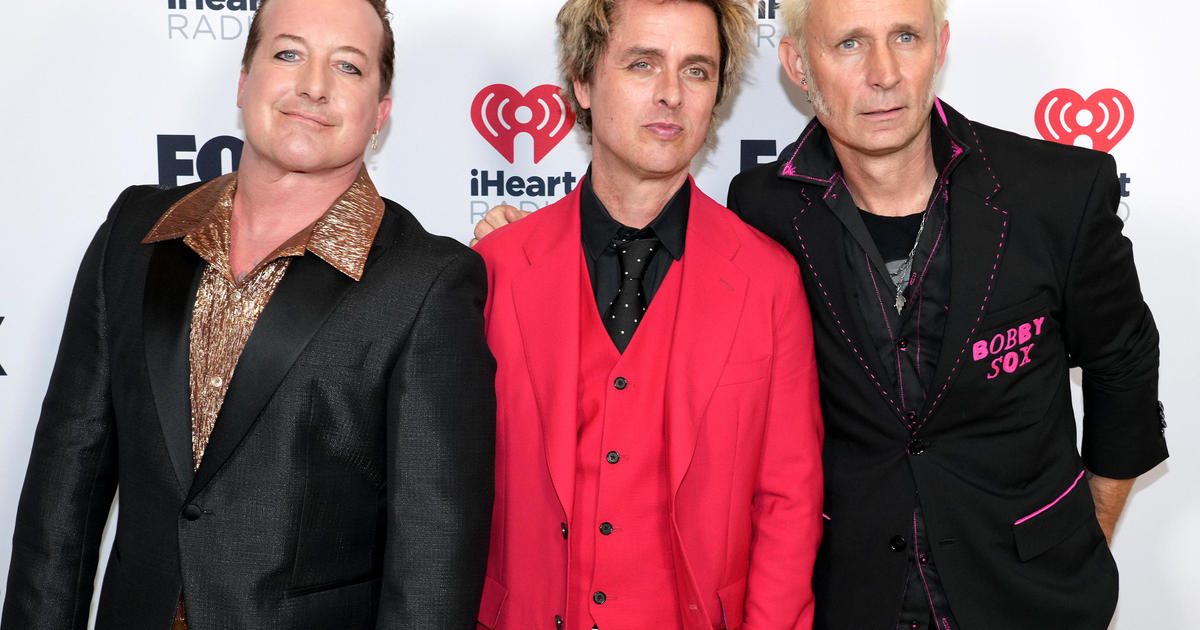CBS2/KCAL9 President Steve Mauldin Spreads Awareness About 'Stephanie's Day'
STUDIO CITY (CBS) — More than 50 organizations will be in attendance for Stephanie's Day, a resource fair to help inform and connect families of children with special needs, primarily autism.
The event was started by our President and General Manager, Steve Mauldin, more than 15 years ago. His daughter Stephanie was diagnosed with autism when she was very young.
Mauldin joined Areva Martin, president of the Special Needs Network, on KCAL9 Wednesday to talk about the special event and a new insurance mandate for autism therapies.
What the insurance mandate does:
Senate Bill 946 establishes that:
- Every health care service plan contract and health insurance policy that provides hospital, medical, or surgical coverage shall also provide coverage for behavioral health treatment for pervasive developmental disorder or autism no later than July 1, 2012.
- Every health care service plan and health insurer subject to SB 946 shall maintain an adequate network that includes qualified autism service providers who supervise and employ qualified autism service professionals or paraprofessionals who provide and administer behavioral health treatment.
- Behavioral health treatment means professional services and treatment programs, including applied behavior analysis and evidence-based behavior intervention programs, that develop or restore, to the maximum extent practicable, the functioning of an individual with pervasive developmental disorder or autism and that meet certain criteria, including the type of provider that must prescribe and administer the treatment.
- The statutes added and/or amended by SB 946 that require coverage for behavioral health treatment no later than July 1, 2012 become inoperative on July 1, 2014 and are repealed on January 1, 2015, unless another statute modifies its expiration.
- An Autism Advisory Task Force shall develop recommendations regarding behavioral health treatment that is medically necessary for the treatment of individuals with autism or pervasive developmental disorder, as well as the appropriate qualifications, training and education that providers who administer behavioral health treatment must have.
What this means for families:
- The law creates a clearer path for families to get private health insurance companies to pay for autism therapies.
- Families no longer have to rely exclusively on the state through the regional center to fund therapies or pay out of pocket.
- Families that previously attempted to use their private health insurance plans but were denied coverage should have greater access to coverage
What this means for the State:
- The state is expecting to save 80 million dollars as a result of shifting the cost of autism therapies from regional centers (the Dept of Developmental Services) to private health insurance companies
The Anticipated Issues:
- The transition to private health insurance is going to be difficult for both parents and some carriers. Many parents are concerned that their existing intensive programs will be cut; others worry that the carrier will not cover the therapies unless they have expensive comprehensive assessments; and others have heard horror stories of insurance carriers routinely denying coverage claiming the services are not medically necessary or that a child is not making progress.
- Carriers are concerned that without a license requirement for providers, they will not be able to determine the competency of providers and that parents may have an unrealistic expectation about the duration of treatment. They are also concerned about a system that has previously involved supervisors and direct care staff and the cost of paying both individuals. There is also a concern that many currently autism therapies do so based on parents' wishes rather than scientifically established need.
More Issues:
- The law does not apply to families who have Medicaid or Medi Cal or other public health insurance
- There is a shortage of providers and questions about whether the health plans will have adequate networks in place by July 1
- Who will pay for the co-payments—can be exorbitant given that many autism programs include services for 25 to 40 hours. There is no statute requiring regional centers to pay the co-pays. Some centers have indicated that they intend to pay and others suggest they may pay based on need—lack of uniformity.
- Will health plans pay for unlicensed providers—currently the state does not require providers of therapies to have a license. Many insurance companies may insist that the provider be licensed. Again, there is a lack of uniformity as some carriers have suggested if the provider isn't licensed, the professional supervising the case should at least have a certification of a BCBA –Board Certified Behavioral Analyst—which is a state certification. Currently there are less than 100 therapists in CA with this certification.
To learn more about Stephanie's Day, click here.



